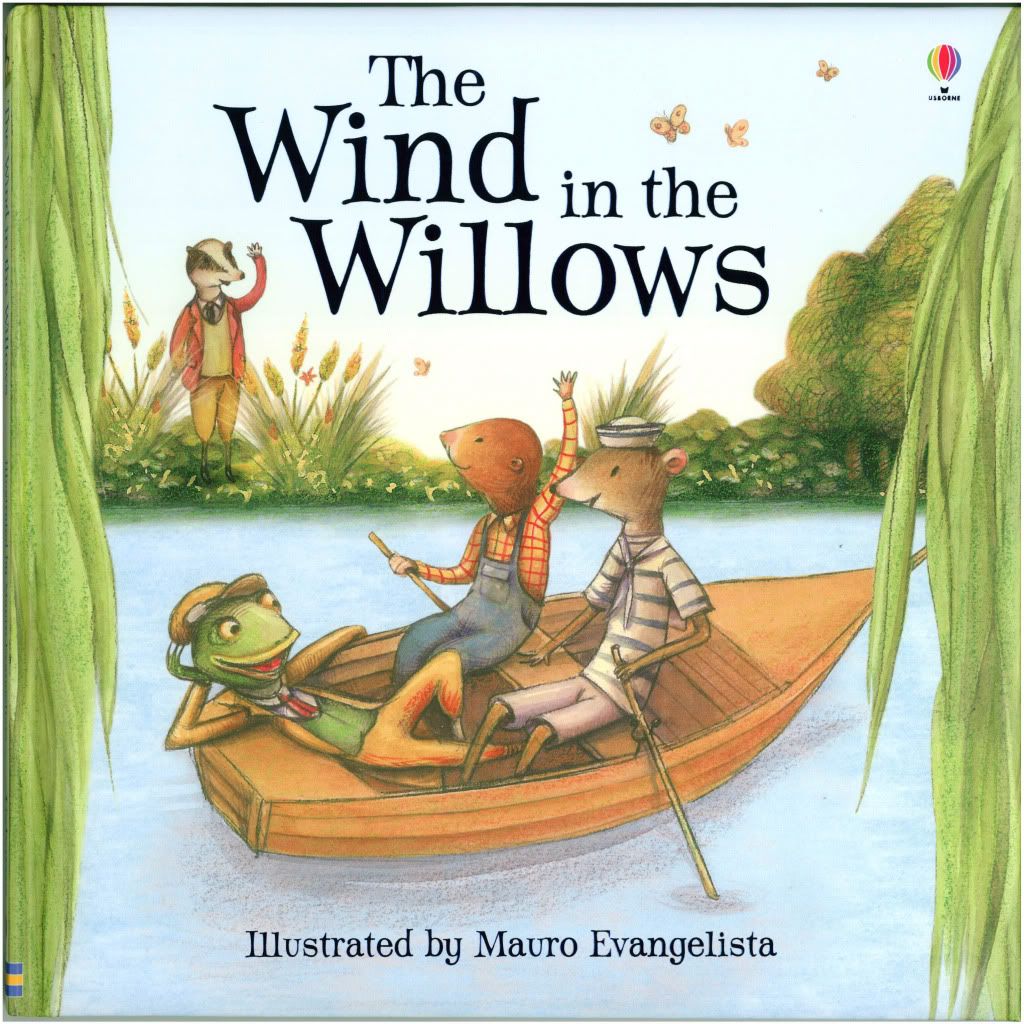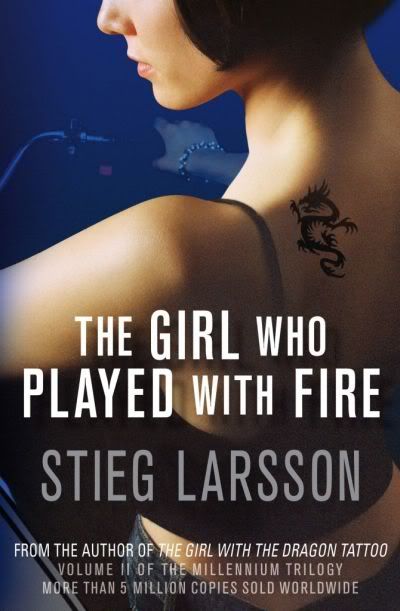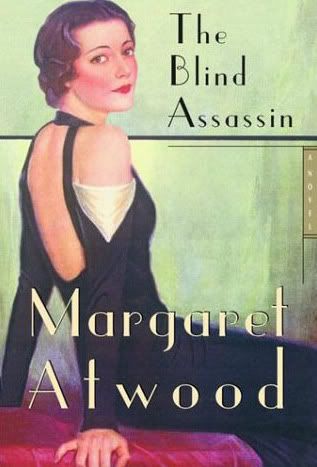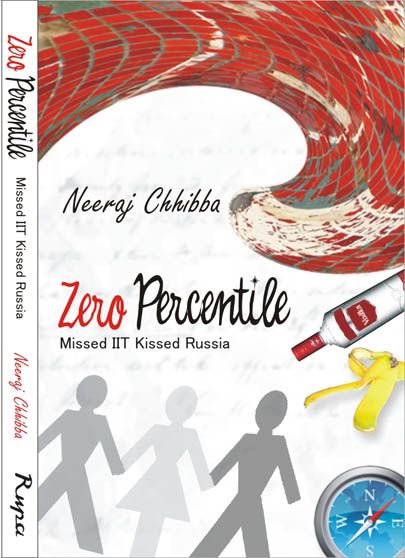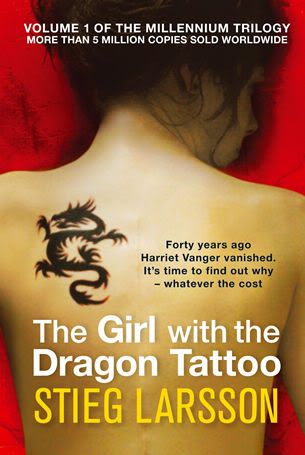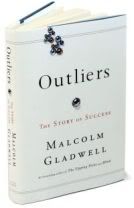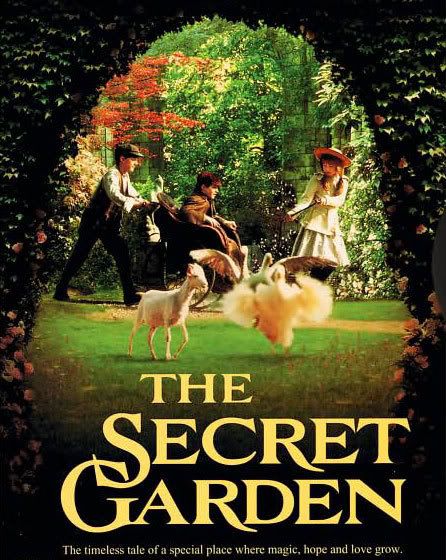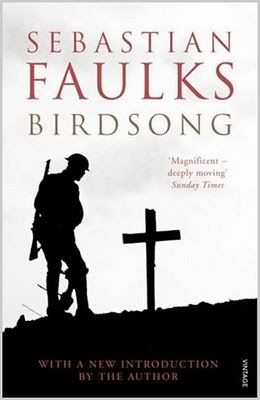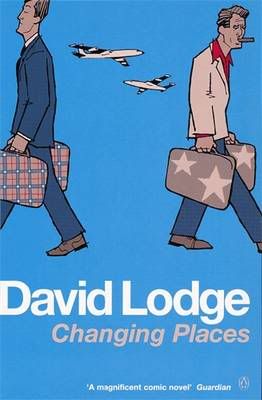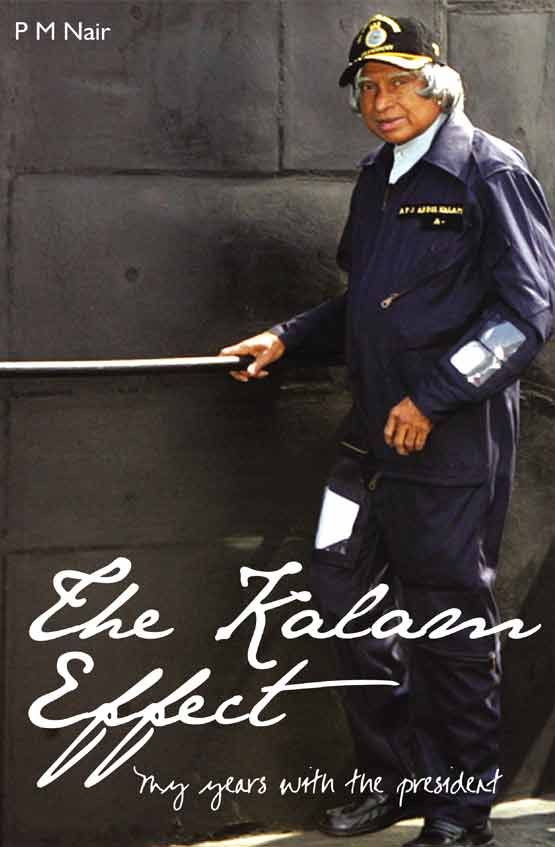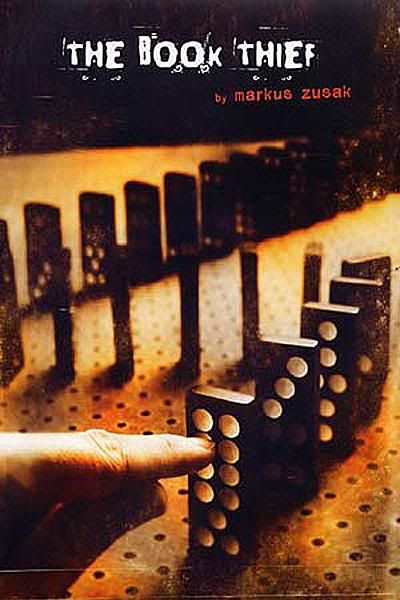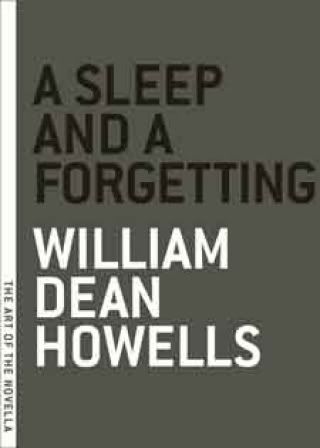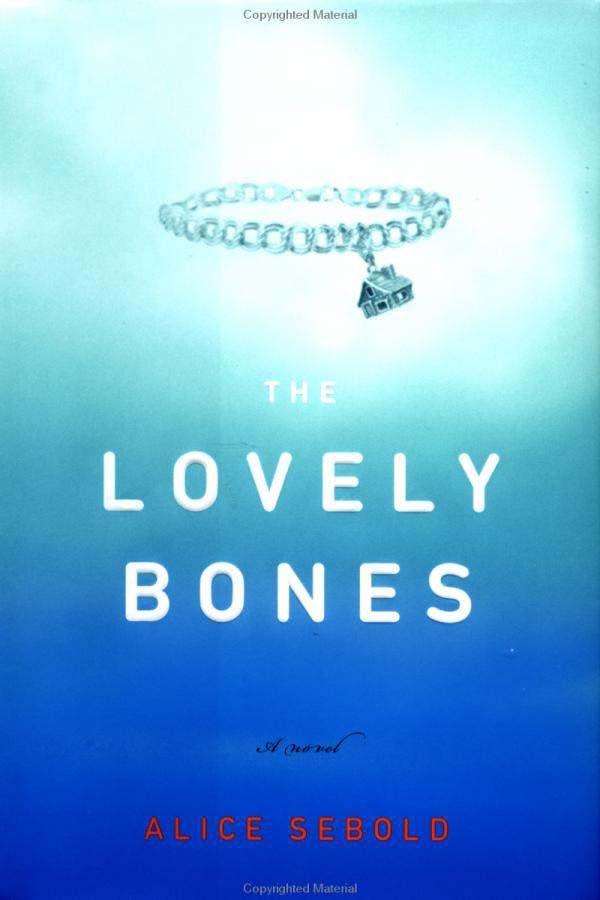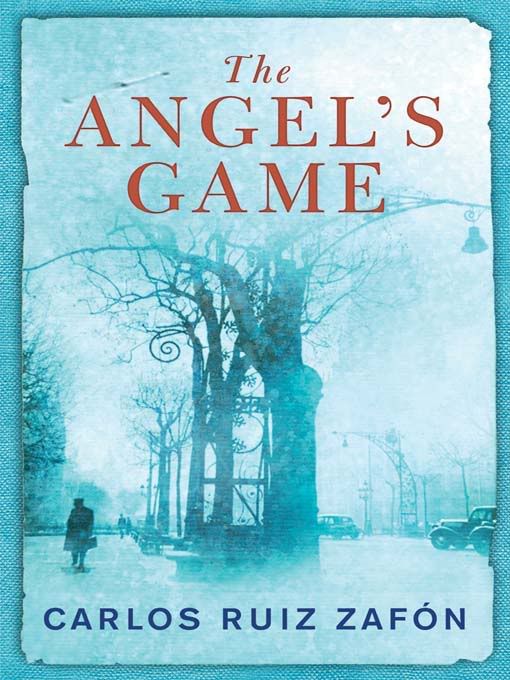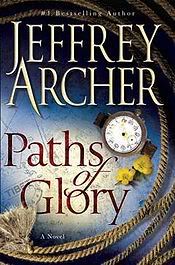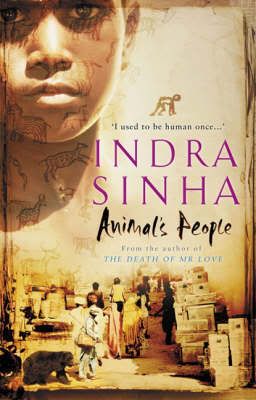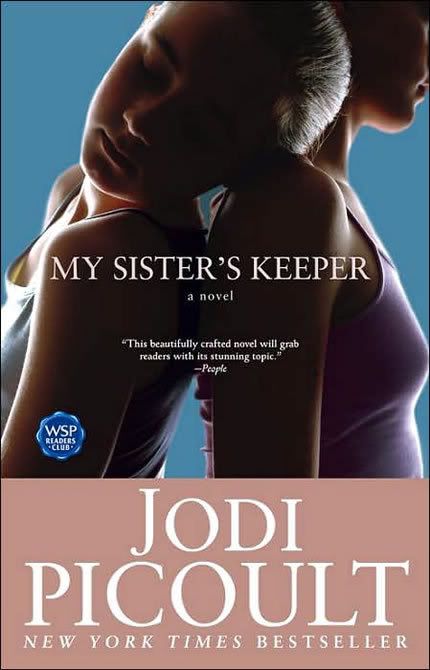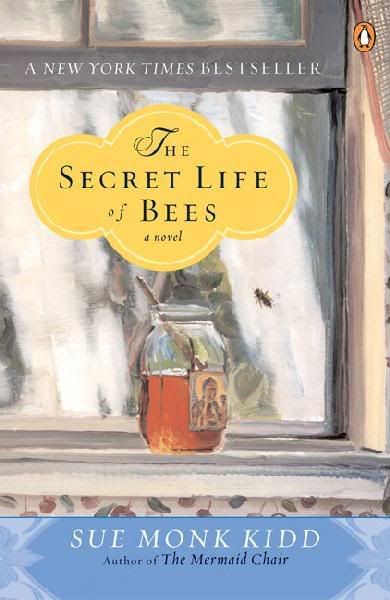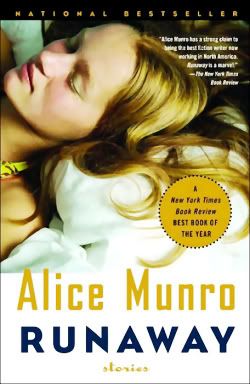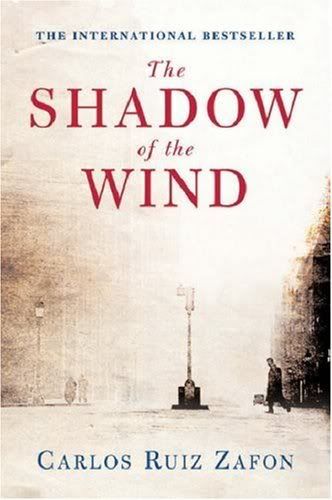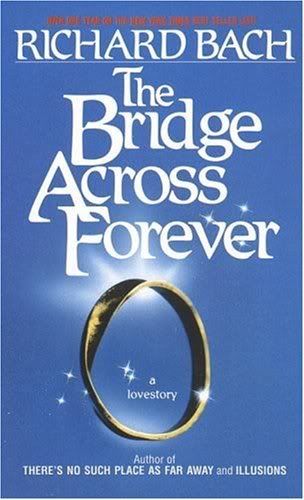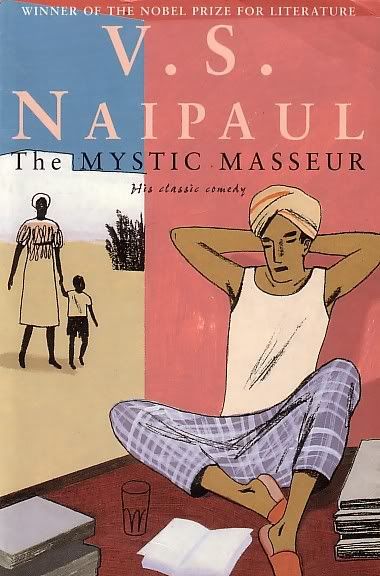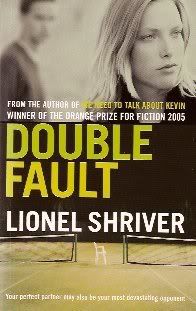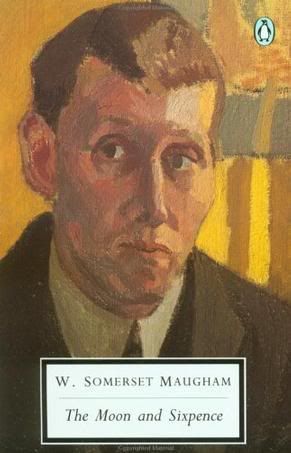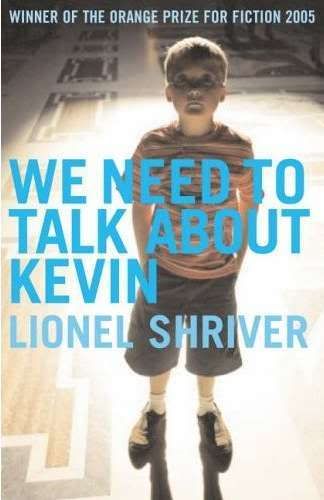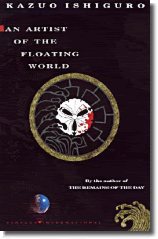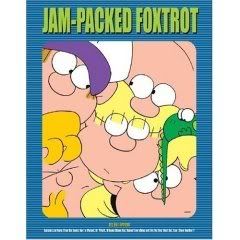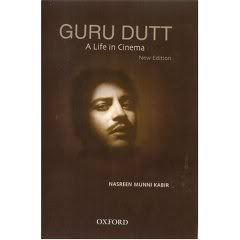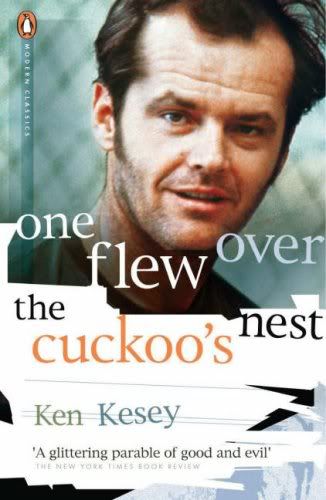 It’s hard to miss this book. It comes up in discussions often and on lists like All Time 100 Best Novels From 1923-2005. It’s a shame that I hadn’t read this book all these years and I decided to take things into hand and finally get down to reading it.
It’s hard to miss this book. It comes up in discussions often and on lists like All Time 100 Best Novels From 1923-2005. It’s a shame that I hadn’t read this book all these years and I decided to take things into hand and finally get down to reading it. The book is set in a mental asylum in Oregon which is run by a tyrannical nurse “Big Nurse” Miss. Ratched who manages the asylum and the patients according to her whims and fancies. She tacitly threatens the inmates – “The Acutes”, first level of insanes – with shock therapy and lobotomy which will make them “The Chronics”, who are in a vegetative state. The patients are naturally tormented by her but lack the courage to stand up and speak against her. A new patient, MacMurphy, makes an entry into the asylum faking insanity to escape a jail sentence. He gets into tiffs with the nurse and upsets the routine and questions her actions. This leads to a constant power struggle between McMurphy and the nurse.
The helpless condition of the inmates and the way the staff take advantage of their helplessness tugs at your heart. While most of this might be true about mental asylums, you still hope that these things exist only in the fictional world. Refusing medication and administering medication to induce sleep so that the staff can get away with their amorous activities and stealing, giving electric shocks for breaking a rule, not caring for hygiene and letting the inmates rot their in their own pee – this book is not for the faint of heart. McMurphy tries to bring in laughter to the asylum and constantly reminds the inmates to stand for their rights and makes them wonder whether they are really insane. He places a bet with the inmates that he can lift a heavy shower control panel and when he fails to do so, he says, “Atleast I tried”, which inspires the inmates. Several incidents like this make the inmates slowly take charge of their own lives and resist the unquestionable control of the nurse. It makes me wonder how many times I have let someone run over me and stood watching helplessly. I wish I could say ‘Atleast I tried’.
McMurphy and the nurse’s character are strong and opposing. While McMurphy makes you feel warm and energetic, the mention of Big Nurse makes you cower. The narrator Chief is another inmate in the asylum who pretends to be deaf and dumb and is hence privy to many dark secrets of the asylum. The other characters in the book – the stuttering Billy Bibbit, the strong Harding, the germaphobic George, the doctor, the black orderlies add variety. The language is smooth and easy. The story and the narration keeps your interest perked up. What takes the cake is the ending. While it’s not hard to predict what was coming, you can’t help getting emotional when you read the climax.
One Flew Over the Cuckoo’s Nest borrows its title from a nursery rhyme.
Vintery, mintery, cutery, corn,
Apple seed and apple thorn,
Wire, briar, limber lock
Three geese in a flock
One flew East
One flew West
And one flew over the cuckoo’s nest
Cuckoo here refers to a mentally disturbed person and cuckoo’s nest is the asylum. McMurphy can be seen as the one who flew over the cuckoo’s nest because he went against the rules and disturbed the nest. Chief, the narrator, can also be the one because he frees himself from the clutches of the asylum.
The book was made into a film which went on to win many awards. Jack Nicholson won the best actor award for playing the role of McMurphy and Lousie Fletcher won the best actress award for playing Nurse Ratched. The film also won awards for Best Picture and Best Director. More details on wiki. I don’t have the courage to watch the movie. If you have, let me know how you find it. If you also read the book, then which one do you prefer – the book or the movie?
